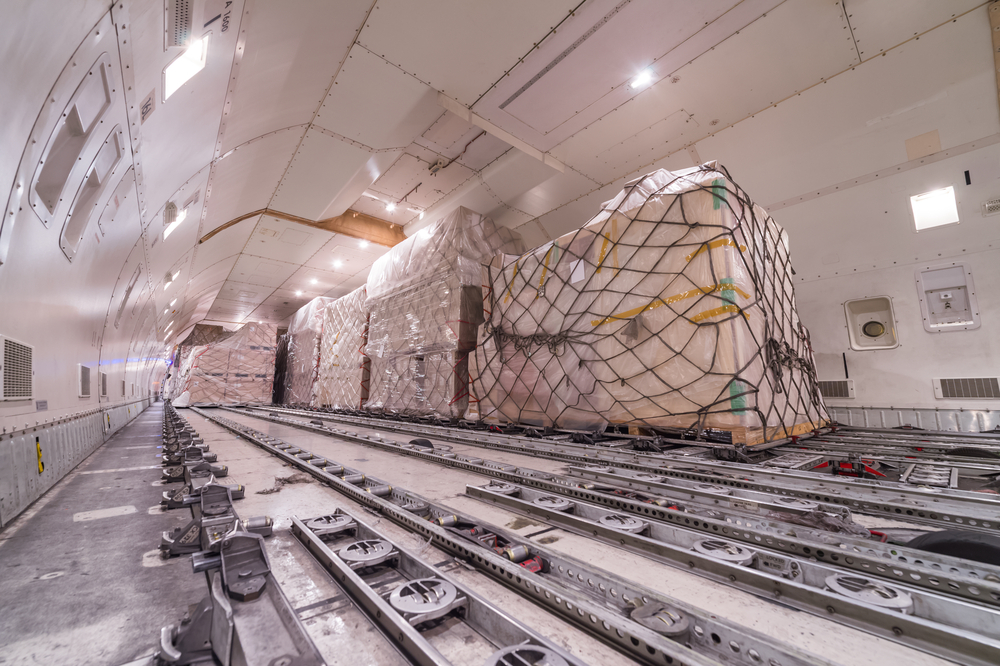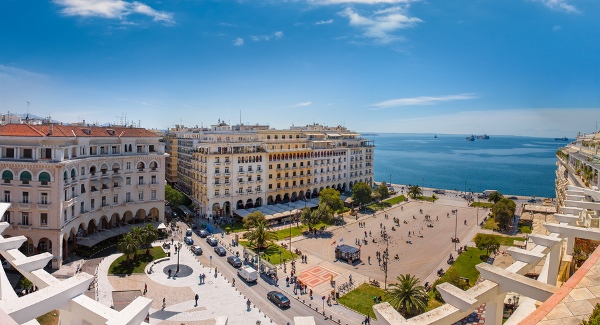Throughout the COVID crisis, there have been varying opinions of which models will come out of the pandemic the strongest. Will hub and spoke operators find a renewed focus on their trunk operations? KLM’s CEO Pieter Elbers weighed in on the debate.
Well throughout the COVID crisis, hub and spoke versus point to point has been a popular debate. What shape will the aviation industry be in the future, and which strategy will prove to be more popular?
As a legacy network airline, KLM is largely reliant on its hub and spoke operations. With its large hub at Amsterdam Schiphol, an airport that has remained busy throughout the crisis, KLM’s focus is on gathering up passengers from across the continent and funneling them around the world via AMS.
Despite some opinions to the contrary, KLM’s boss believes this hub and spoke model will win through. Speaking with Andrew Charlton as part of Eurocontrol’s series of ‘Hard Talk’ sessions, KLM CEO Pieter Elbers said,
“The recovery will be led by a lot of small flows, which will be flown throughout the hubs. And again, I believe that we with our network and Amsterdam and KLM and Air France KLM group is in a great position to benefit from that.”
The argument against hub and spoke
While historically there has always been a major focus on hub and spoke, modern airlines have moved to a more point to point model. Particularly in the low cost sector, with airlines such as Wizz and Ryanair as examples, point to point has been seen as a way to not only undercut the competition on cost, but also to leverage the benefit of unserved or underserved routes to attract new business.
Analysis of the COVID situation has often thrown up how these point to point services will likely be more exposed than airlines offering point to point. Passengers are expected to wish to fly directly as much as possible, limiting time in airports and making connections.
Indeed, CEO of Air Lease Corporation and industry veteran Steven Udvar-Hazy commented recently in an interview with Aviation Week,
“When people travel, they want to minimize their exposure to the ground experience and to airport terminals. The idea of going through a hub and connecting between multiple flights appears to be less psychologically attractive to travelers. so people are seeking direct routing, nonstop flights and avoiding having to make connections and dealing with airport terminal experience and exposure.
“This will have a negative effect with hub carriers, particularly out of the Middle East.”
While KLM is not a Middle East airline, it is very much a hub carrier. Long-haul networks out of Amsterdam Schiphol are fed by its extensive European network, bolstered by the continent’s biggest fleet of Embraer regional aircraft. So, how can the KLM CEO be so certain that this model is the way forward today?
While the argument against hub and spoke certainly holds water, there are still some journeys where only this type of service will meet the demands of the traveler. Elbers gave an example of a route where only a hub and spoke service would suffice. He said,
“The people travelling from Billund in Denmark to Little Rock in Arkansas, they need to have an opportunity to travel. There’s not going to be a direct flight, not tomorrow, not the day after tomorrow, not in the next 10 years. So we have, together with our partners, I think a good foundation to continue to serve that market.”
Elbers talked about how channeling traffic through its hub of Amsterdam and then having the networks with Delta in the US, for example, can allow people to easily reach their destination in a post-COVID environment. This strategy, he said,
“…was very much the foundation of our model in the last two decades. With the economic boom in the last few years, we saw a lot of new routes launching. But clearly, with the demand dropping, the hub system and our regional network feeding that system will gain strength again.”
The KLM boss noted how damaged some of the economies in Europe are now, and how aviation can help them recover. He said,
“The crisis has devastating for a lot of local communities. The way to recover, judging by past crises, has been aviation and international trade. So I believe that aviation can and will play a very important role in that economic recovery as well.”
With a need to make connections and KLM’s robust network, Amsterdam looks to be one place where hub and spoke will not only survive but possibly thrive in the post-COVID world. Whether that will be the case for the big Middle East airlines remains to be seen.
About Guide2Uganda
Guide2Uganda (www.guide2uganda.ug) is the most comprehensive source of information about Uganda that exists on the web, with more content on Uganda and surrounding towns, attractions, museums and galleries than any other online guide that currently exists for Uganda as well as being a dynamic news and comprehensive events driven site with content being added daily.
According to WeFollow & Peer Index (whom both measure online influence) we are among the most influential online media organizations in Uganda. We were also awarded for ‘’Best Destination Website in Uganda’’ by Jumia Travel Uganda in the 2017-2018 Africa Travel Awards. If you are planning a visit to Uganda you can always reach us on; info@guide2uganda.ug



